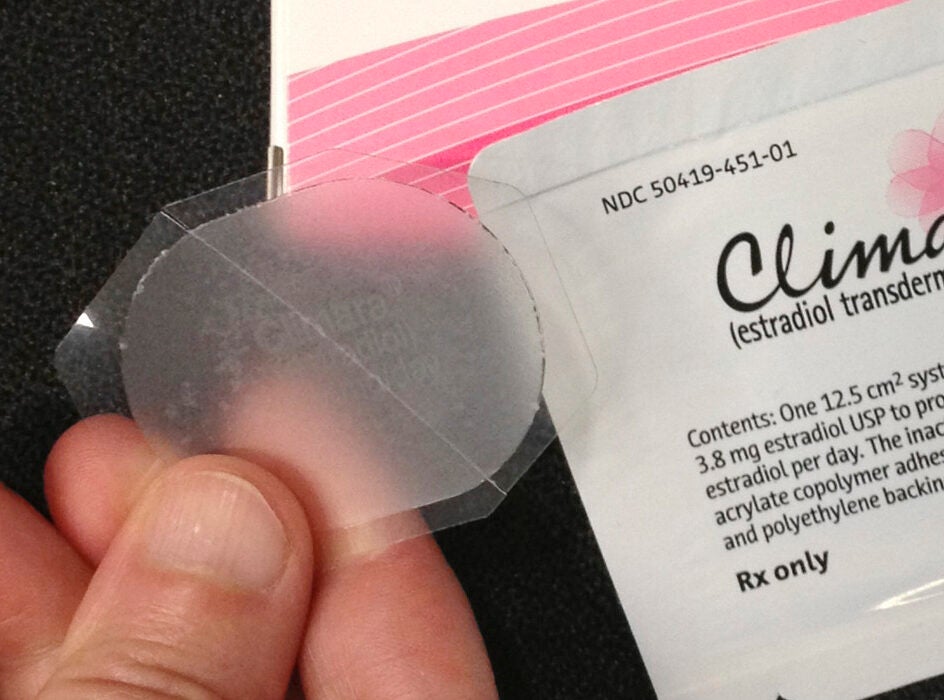Dr. Z: I’m a healthy man of nearly 63. I run three miles three times weekly. I do a light resistance workout twice a week. I eat right, lots of fruits and veggies, little red meat and a handful of almonds almost every day.
I’m fond of food and craft beer, so I’m probably about 10-15 pounds heavier than ideal. I know I should change but I won’t be motivated to act until my doctor or someone else measures my body fat and tells me I have too much.
Should I be asking my doctor to send me to the right place to get an accurate body-fat measurement? And, who does this anyway? — GL, Jacksonville, Florida
News with a little more humanity
WPR’s “Wisconsin Today” newsletter keeps you connected to the state you love without feeling overwhelmed. No paywall. No agenda. No corporate filter.
Dear GL: I would recommend a simpler test called the “look-in-the-mirror test.” Do you have love handles? Yes means fat, no means ripped. This test is accurate more than 95 percent of the time.
But if you want a number, don’t go to your doctor, but rather purchase a fat monitor. I recommend the Omron body fat monitor, which costs about $30 and will give you a reasonably accurate number.
Even if you diet down to your high school weight, assuming you were fit back then, you won’t have that same muscle mass. As we age, our muscle is replaced by fat regardless of how we eat and how much we exercise. Just look at Arnold Schwarzenegger today — he isn’t as buff as he once was.
Dear doc: I’m sleepy all the time. No energy. I’m wondering if my meds are the problem. I’ve had a couple of strokes, tiny ones, no residual issues. I had three stents last February.
I’m taking a beta blocker, Plavix, isosorbide and a statin. Maybe I’m anemic and just need some iron? Help! — SM, Spokane, Washington
But drugs are another problem. Those handouts you get from the pharmacy with your prescription medications are like the car-rental agreements you sign at the airline counter — TMI. It’s hard for most people to wade through that stuff to know exactly what the drug is about.
Your doctor or other health care provider can help, but this is where pharmacists shine. Ask them which drugs are likely to cause drowsiness or fatigue. “Likely” is the most important word here.
In your case, the beta blocker jumps to the forefront. Sometimes switching to a lower dose or a different beta blocker works.
Plavix prevents platelets in your blood from sticking together and forming a blood clot. Isosorbide is a type of nitroglycerin used for chest pain. Both are unlikely to cause fatigue.
And as for statins, they can cause muscle aches, which can lead to fatigue. But when I rank which of your drugs is the most likely culprit, I’d put the beta blocker first.
My spin: If you have a symptom that’s just not going away, consider the drugs you’re taking. Stay well.
Wisconsin Public Radio, © Copyright 2025, Board of Regents of the University of Wisconsin System and Wisconsin Educational Communications Board.







